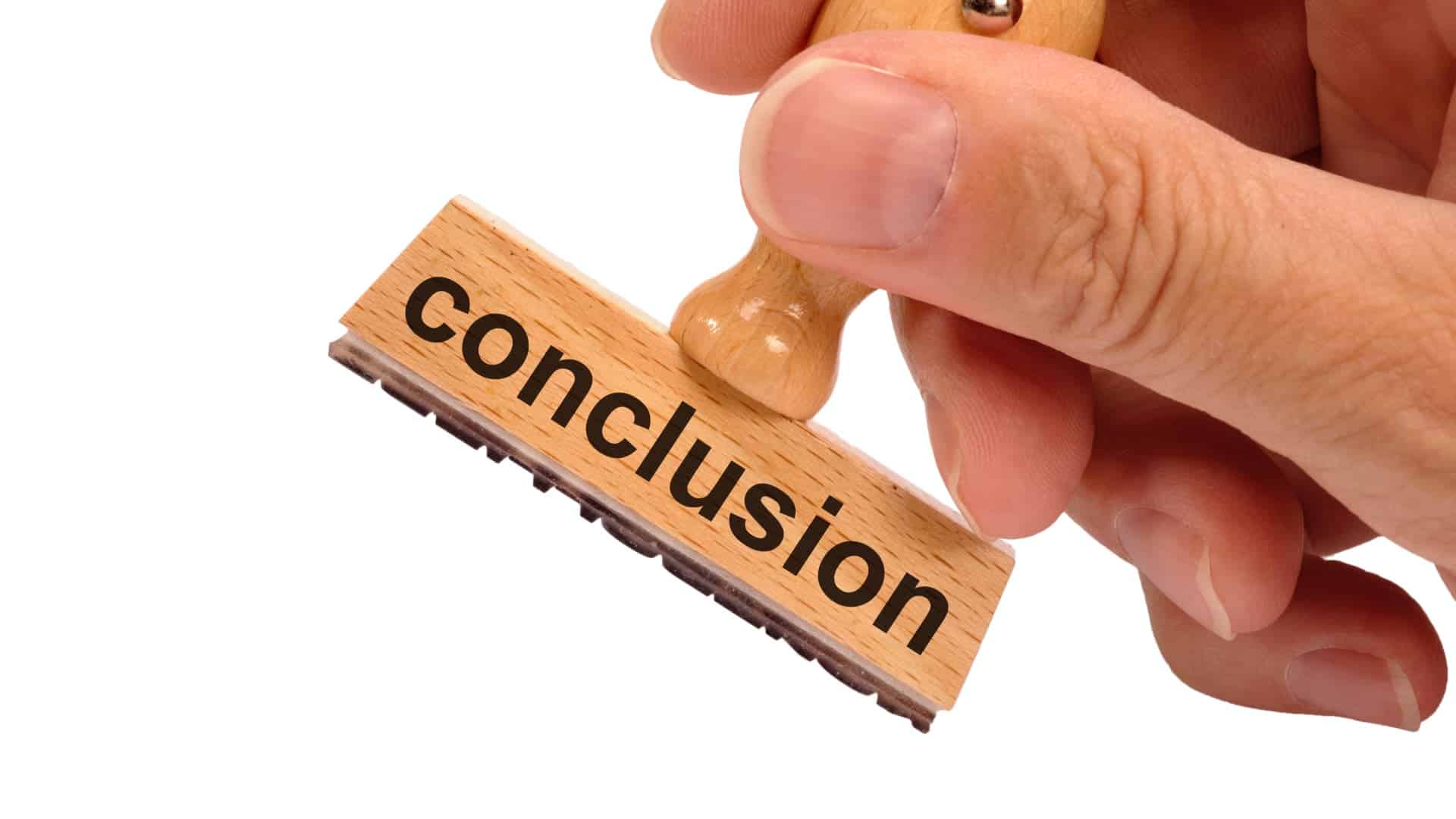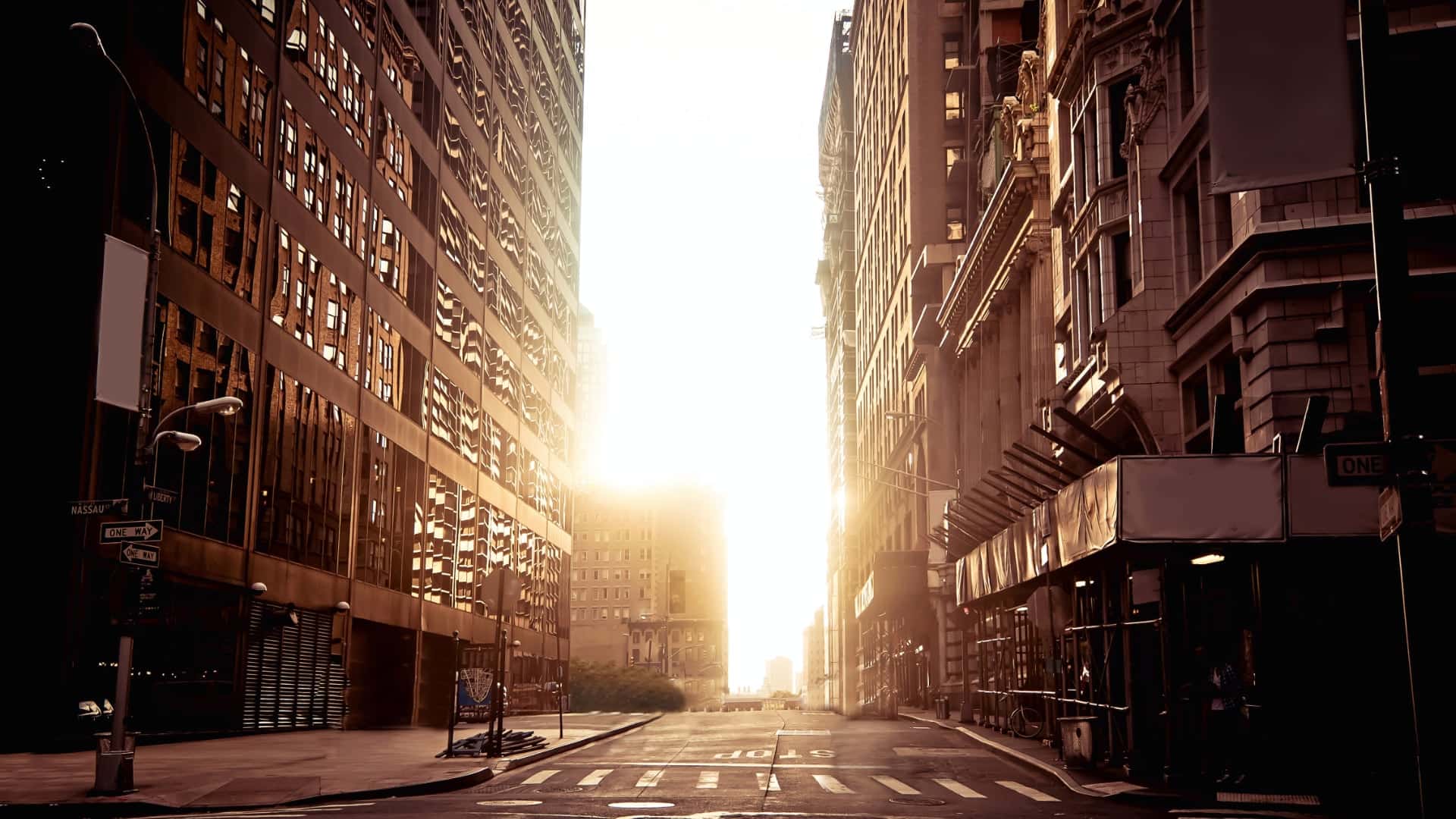Living and Working in an Unjust Wicked World (Ecclesiastes 3:16-4:6)

A number of years ago a soccer-loving family helped host a boys’ soccer team from Costa Rica. They were amazed by the skill level of the visiting team. With their advanced ball-handling and passing skills, this elite team reached the finals of the tournament.
In that final game they obviously possessed better skills than the other team, a big and physical American team that relied on bullying and cheap shots. Unfortunately, the officials were oblivious to every foul. They called nothing, allowing even outright “muggings.” After the Costa Rican boys lost 2-1, the man who hosted the team had to restrain himself from yelling at the inept officials. He didn’t mind if the Americans won. He just wanted them to notice the injustices, to intervene like they’re supposed to, and make a few calls. Instead, they didn’t do their jobs, and the game wasn’t played fairly.
Reflecting on the game, he writes:
Sometimes people feel that way about God and the way God “officiates” the world. We all know that there are big problems: world hunger, a global economic crisis, mistreatment of the poor, political oppression, and worldwide sex trafficking. Then there are also more personal problems: a friend’s addiction, a marital crisis, a church split, friends who despise each other. At times we feel like crying out, “Why doesn’t God intervene? Why doesn’t God make a few calls and keep the game fair? Why does God let the bullies of life win?”
It’s a good question. Why does a good God allow so much injustice in the world? Why are so many people experiencing so much hardship all over the world? It’s not just a theoretical question either. It’s a personal one as well when we see injustice right in front of us: a friend who’s fired without cause; or who’s a victim of medical malpractice but is powerless to sue. “Why doesn’t God intervene? Why doesn’t God make a few calls and keep the game fair? Why does God let the bullies of life win?”
That’s the question that we have before us this morning. We’re studying the book of Ecclesiastes. In this book the Teacher is taking a good look at life. He’s examining life to see if he can make sense of it all. In the passage we have before us, he notices two things about life that cause him to lose all hope. The two things he notices are timeless, and they are things that cause us to despair as well today.
Injustice is Rampant
Here’s the first. In Ecclesiastes 3:16, the Teacher observes: “Moreover, I saw under the sun that in the place of justice, even there was wickedness, and in the place of righteousness, even there was wickedness.”
This is serious. He’s talking about “the place of justice” – in other words, the courts. If there’s anywhere where one would expect justice, it’s in the courts. You’ve seen courtrooms. Many of them have sculptures of Lady Justice, holding a set of scales. She’s often pictured wearing a blindfold to show that she’s impartial, and she has a sword in her right hand symbolizing the power of reason and justice that she can wield in the pursuit of truth and fairness. She weighs carefully what is right and what is wrong, and is impartial in her deliberations. But the Teacher observed that instead of finding justice there he found injustice. Instead of finding righteousness there, he found wickedness.
Things haven’t changed. A recent book was written by a lawyer who spent eight years investigating courtroom failures. The blurb for the book says:
What she found was an assembly-line approach to justice: a system that rewards mediocre advocacy, bypasses due process, and shortchanges both defendants and victims to keep the court calendar moving.
Here is the public defender who pleads most of his clients guilty with scant knowledge about their circumstances; the judge who sets outrageous bail for negligible crimes; the prosecutor who habitually declines to pursue significant cases; the court that works together to achieve a wrongful conviction. Going beyond the usual explanations of bad apples and meager funding, Ordinary Injustice reveals a clubby legal culture of compromise, and shows the tragic consequences that result when communities mistake the rules that lawyers play by for the rule of law.
I can’t vouch for the book, but it sounds about right. Lawyers and judges recognize that the system has many challenges, that the results aren’t always equitable, and that as good as the system is, there are inequities and injustices that need to be fixed.
The Teacher finds himself holding out for divine justice in verse 18. But then he makes a more depressing statement in verses 18 to 22. Let’s read verses 18-20:
I said in my heart with regard to the children of man that God is testing them that they may see that they themselves are but beasts. For what happens to the children of man and what happens to the beasts is the same; as one dies, so dies the other. They all have the same breath, and man has no advantage over the beasts, for all is vanity. All go to one place. All are from the dust, and to dust all return. Who knows whether the spirit of man goes upward and the spirit of the beast goes down into the earth?
That’s rather depressing, isn’t it? The Teacher is looking for justice. He comes to the conclusion that many die without ever having found justice. In light of this, he sees that we’re no better than animals. If this life is all there is, then he’s right. Clashes in Egypt left many dead this week. They died without seeing the justice they longed for. Many animals also died this week. You may have read of a case about sled dogs in British Columbia that were put to death inhumanely. The Teacher would say that it’s not so different. If this life is all there is, then there really is no justice, and we end up no better than animals in the end.
So this is the first thing that the Teacher notices. Injustice is rampant in this world. Where you’d expect to find justice, you find wickedness in its place.
So Is Oppression
But that’s not all. The Teacher goes on to describe another problem in the first verse of chapter 4. “Again I saw all the oppressions that are done under the sun. And behold, the tears of the oppressed, and they had no one to comfort them! On the side of their oppressors there was power, and there was no one to comfort them.”
You have injustice on one hand; on the other, you have oppression. Oppression involves cheating, defrauding, and robbing at the cost of others; seeking profit without regard to the needs and rights of other people. What he’s talking about here is about a power imbalance, in which those in power used the power for their own advantage, and those who were oppressed suffered with no recourse. The teacher saw the powerful abusing their positions, and the victim at the mercy of the oppressor. As he saw this it led him to despair. Verses 2 and 3 say:
And I thought the dead who are already dead more fortunate than the living who are still alive. But better than both is he who has not yet been and has not seen the evil deeds that are done under the sun.
This may seem a little extreme, but I get it. Miroslav Volf was born in Croatia and lived in Serbia. He’s seen a lot of violence and conflict. He writes:
I suggest imagining that you are delivering a lecture in a war zone (which is where a paper that underlies this chapter was originally delivered). Among your listeners are people whose cities and villages have been first plundered, then burned and leveled to the ground, whose daughters and sisters have been raped, whose fathers and brothers have had their throats slit. The topic of the lecture: a Christian attitude toward violence. The thesis: we should not retaliate since God is perfect non-coercive love. Soon you would discover that it takes the quiet of a suburban home for the birth of the thesis that human nonviolence corresponds to God’s refusal to judge. In a scorched land, soaked in the blood of the innocent, it will invariably die. And as one watches it die, one will do well to reflect about many other pleasant captivities of the liberal mind.
Let me put it slightly differently. We can afford to be theoretical about the issues of suffering and oppression from the relative comfort of our lives. But in the middle of the injustice and oppression that the Teacher rights about, one sometimes despairs of life itself. The injustice and oppression are so overwhelming that one sometimes wonders if it would have been better to have never been born.
How Do We Respond?
It’s a pretty bleak picture, and the Teacher doesn’t offer many easy answers. Injustice and oppression are rampant. It’s enough to make you wonder whether we’re any better off than animals, whether it’s better off never having lived. This is tough.
I want to return to the image we began with, the image of the soccer game that’s not being played fairly. Remember the questions: “Why doesn’t God intervene? Why doesn’t God make a few calls and keep the game fair? Why does God let the bullies of life win?” How do we live and work in a world that isn’t being played fairly?
Two things, and the first has to do with how we play the game – actually, how we work. The Teacher gives us two wrong ways and one right way to work in verses 4-6:
Then I saw that all toil and all skill in work come from a man’s envy of his neighbor. This also is vanity and a striving after wind.
The fool folds his hands and eats his own flesh.
Better is a handful of quietness than two hands full of toil and a striving after wind.
It’s an unfair world full of injustice and oppression, and it looks like we’re powerless to change it. How do we respond?
One way is competition and accumulation. To use the soccer metaphor, it’s to realize the tournament’s not fair, so we may as well try to use any advantage we can to get ahead. Work hard so you can buy enough stuff so you can be happy. Our work, he says in verse 4, can be all about keeping up with others, trying to accumulate more and more. New York psychologist Paul Wachtel says:
[People’s] entire orientation to how [they] are doing is based on comparison. That’s why as an entire society grows, people don’t feel any better, because they’re still in the same relative position. There’s a sense of being on an endless treadmill and of never getting to where you thought you were going to get.
That’s what this is like. The Teacher says it’s like chasing the wind. You never get there. It’s meaningless.
Another approach is basically laziness. It’s throwing up our hands and giving up. This is meaningless too. The Teacher said it’s like eating your own flesh. It’s like you’ll kill yourself by starvation. This is becoming more common today. According to recent statistics, single young men are wandering in a prolonged phase of immaturity and irresponsibility. Researcher Kay S. Hymowitz claims that single young men (or SYM’s) often loiter “in a hormonal limbo between adolescence and adulthood.” In this limbo SYM’s “often seem to hang out in a playground of drinking, hooking up, playing , and, in many cases, underachieving,” Video games used to be for children, but now men between the ages of 18 and 34 are now the biggest gamers. They play, on average, two hours and 43 minutes per day. She says: “With no one to challenge [young men] to deeper connections, they swim across life’s surfaces … . Young men especially need a culture that can help them define worthy aspirations. Adults don’t emerge. They’re made.” This is the second wrong approach: don’t give into laziness and waste your life doing nothing.
Here’s what we should do: “Better is a handful of quietness than two hands full of toil and a striving after wind.” In a world full of injustice and oppression, the Teacher says, get out there and work, but do so with contentment and quietness. Fight oppression and injustice, yes, but don’t be consumed by an insatiable desire to get ahead. Do so out of a quiet center. Live for others, but do so as you learn contentment.
It’s amazing how timeless this advice is. James Davison Hunter wrote a recent book called To Change the World. He says that we ought to stop trying to change the world, and instead learn how to be a faithful presence within it. Do your part faithfully, and leave the rest up to God. Learn to work with a handful of quietness, knowing that your work matters to God.
But that’s not all. The Teacher also gives us another key to living in this unjust world. Trust that God will judge. Trust that God will set things right. Back in chapter 4 verse 17 he said:
I said in my heart, God will judge the righteous and the wicked, for there is a time for every matter and for every work.
Remember the questions at the soccer game? “Why doesn’t God intervene? Why doesn’t God make a few calls and keep the game fair? Why does God let the bullies of life win?” The Teacher is telling us that God will judge, that God will set things right one day. Life isn’t as unfair as we think, because God does see the injustice and oppression and he will set this right.
Does the idea of God as judge bother you? N.T. Wright says:
The biblical doctrine of God’s wrath is rooted in the doctrine of God as the good, wise and loving creator, who hates—yes, hates, and hates implacably—anything that spoils, defaces, distorts, or damages his beautiful creation, and in particular anything that does that to his image-bearing creatures. If God does not hate racial prejudice, he is neither good nor loving. If God is not wrathful at child abuse, he is neither good nor loving. If God is not utterly determined to root out from his creation, in an act of proper wrath and judgment, the arrogance that allows people to exploit, bomb, bully and enslave one another, he is neither loving, nor good, nor wise.
God does not let the bullies of life win. He does step in, and he does set things right in the end.
Nowhere is this more pronounced than in the case of Jesus Christ. God did not stay distant from the oppression and injustice of this world. In the person of Jesus Christ, he entered it. Tim Keller says:
Christianity does not so much offer solutions to the problems of suffering, but rather provides the promise of a God who is completely present with us in suffering. Only Christians believe in a God who says, “Here I am alongside you. I have experienced the same suffering you have. I know what it is like.” No other religion even begins to offer that assurance.
Or, as John Stott put it:
I could never myself believe in God if it were not for the cross. In the real world of pain, how could one worship a God who was immune to it? I turn to that lonely, twisted, tortured figure on the cross, nails through hands and feet, back lacerated, limbs wrenched, brow bleeding from thorn-pricks, mouth dry and intolerably thirsty, plunged in God-forsaken darkness.
That is the God for me. He set aside his immunity to pain. He entered our world of flesh and blood, tears and death.
Let’s pray.





